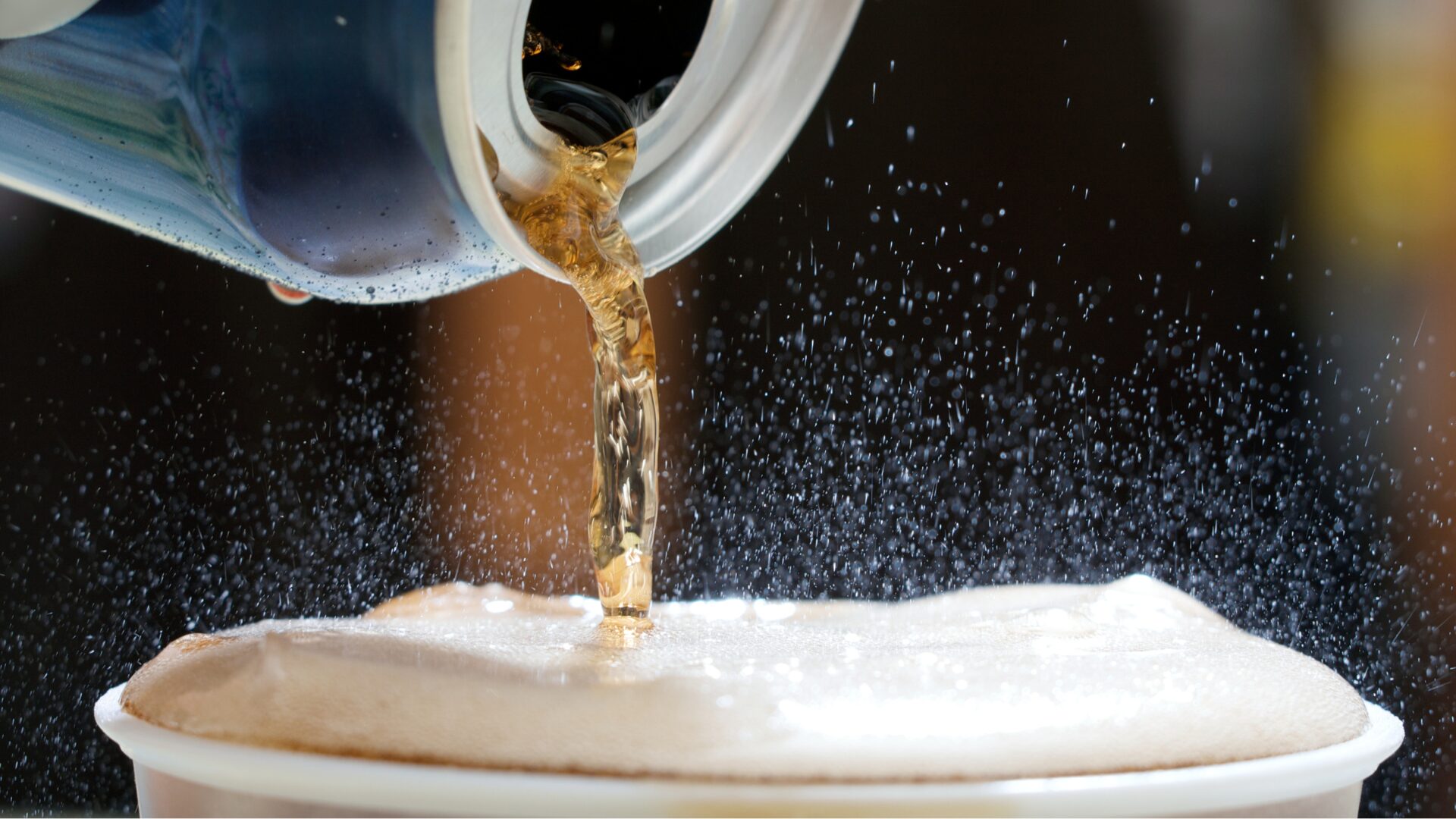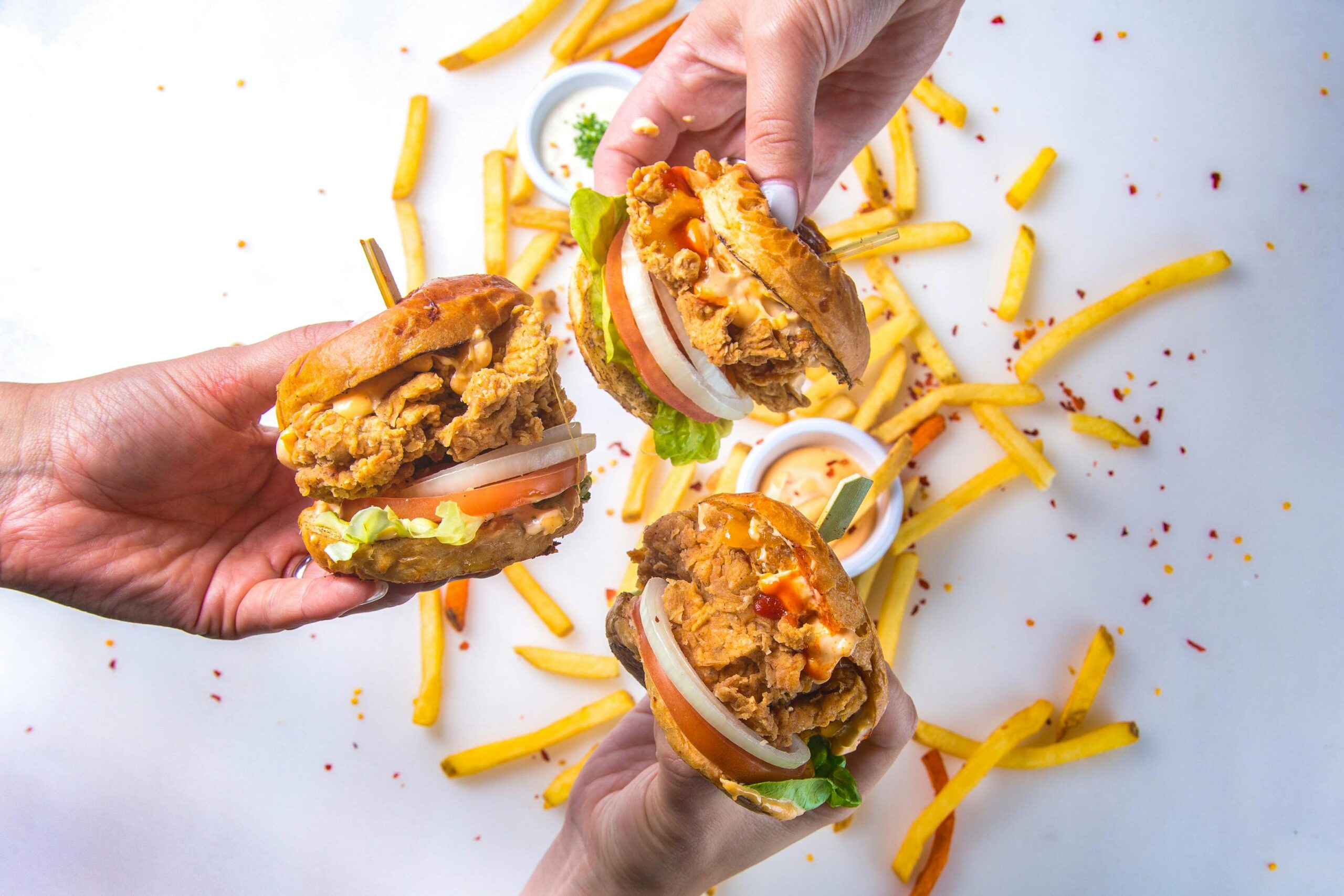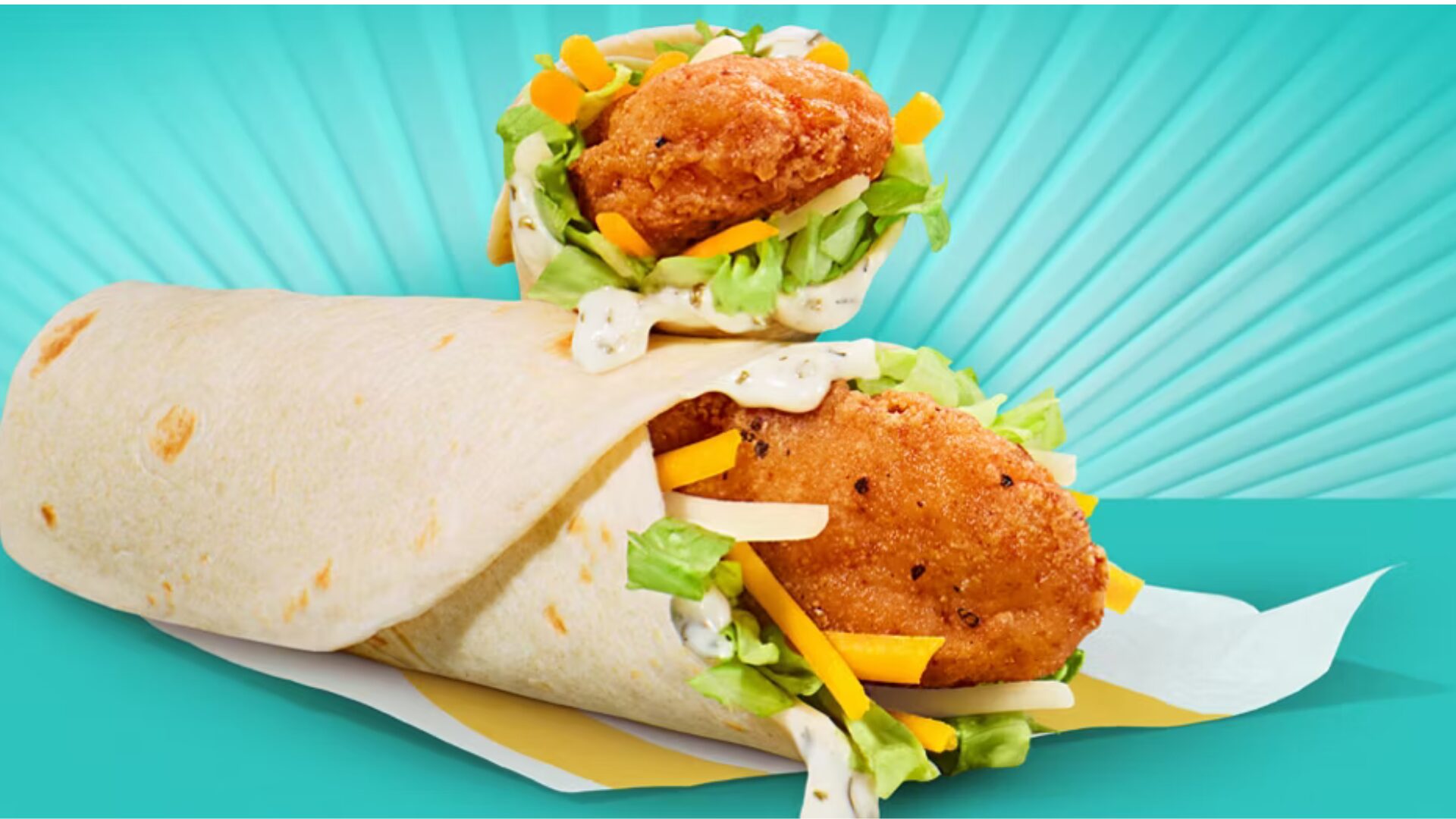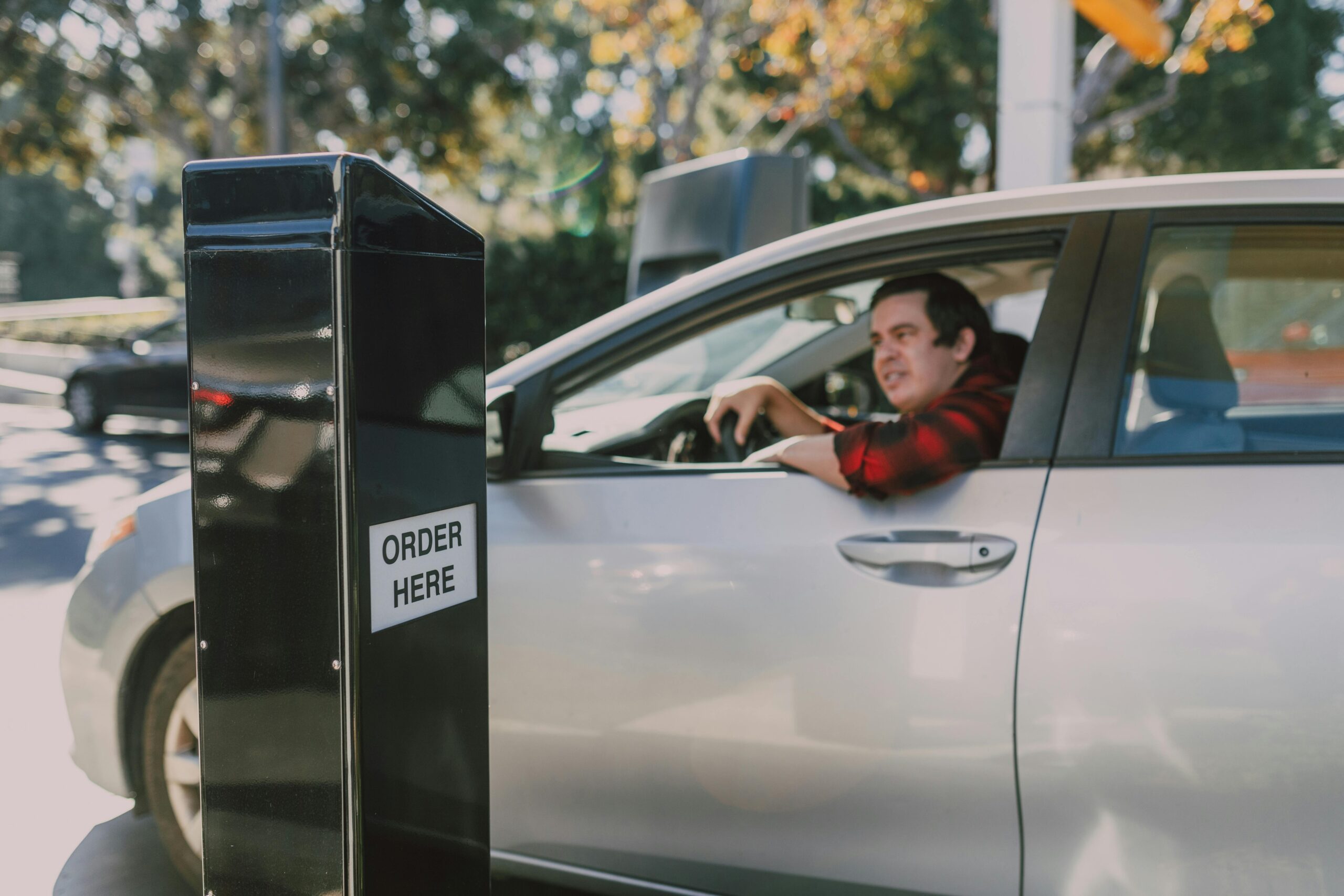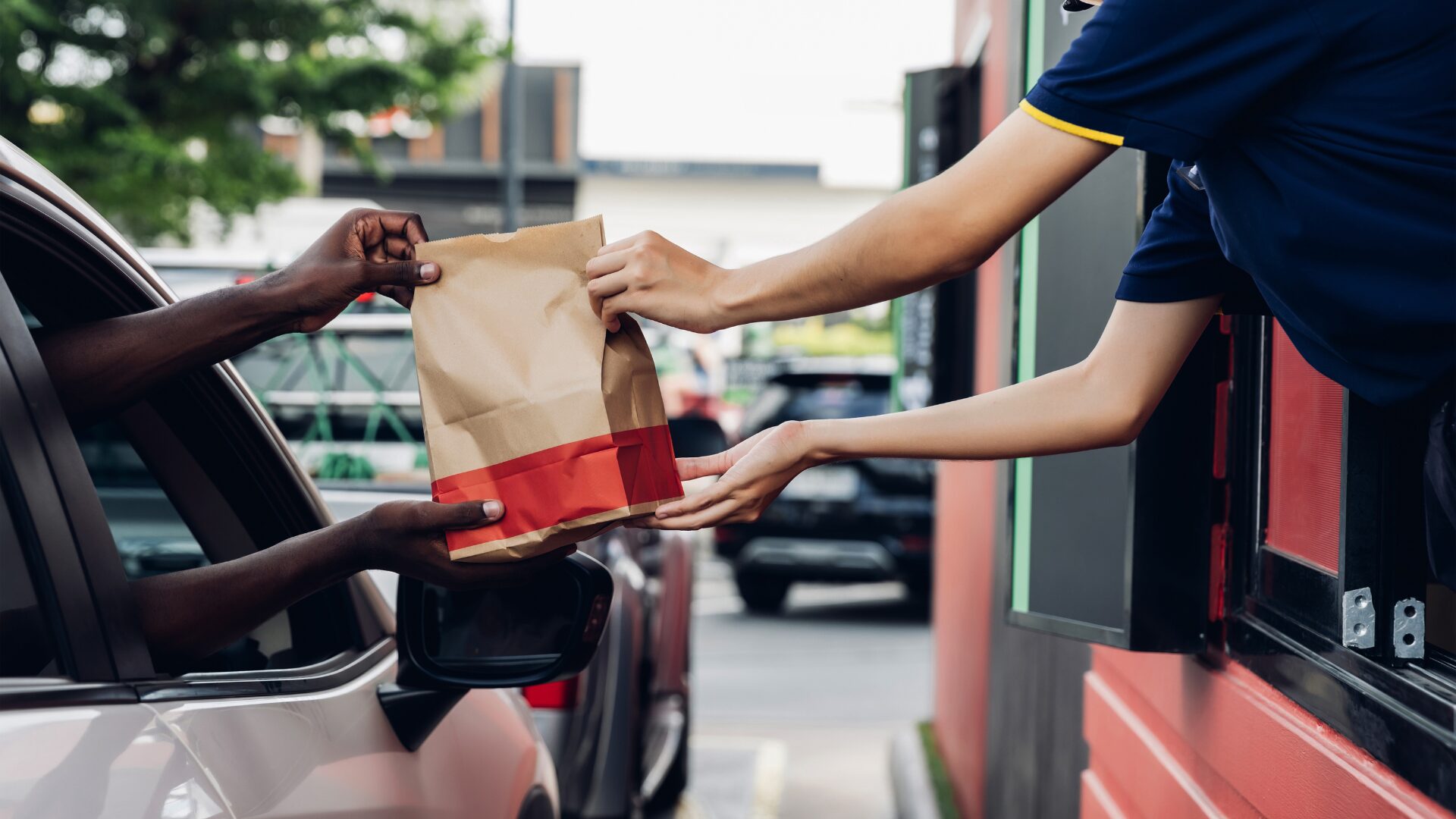Many investors believe that food and beverage stocks are safe places in which to hide when the stock market turns towards recession. That belief centers on a simple thesis: people still have to eat.
The more technical explanation is that food and beverage stocks are considered “defensive” plays. When investors want to protect their portfolios – when, for instance, inflation is skyrocketing and recession risks loom – they look to companies that presumably are less impacted by those external factors.
But there’s a problem with the appeal of defensive stocks: history shows they usually don’t perform as advertised. Before and during the 2008-09 financial crisis, investors looked to food and beverage stocks in particular for safety.
They didn’t find it. Starting in early 2008, Coca-Cola stock plunged more than 40% in less than 15 months; PepsiCo performed almost as badly. Kraft Heinz lost more than one-third of its value between late 2008 and late 2009. Campbell Soup dropped 40% between October 2008 and May 2009. Smaller F&B plays did just as badly, if not worse.
To be sure, this was largely a stock market reaction. None of these businesses saw their sales fall 10%, let alone 40%. In fact, most major food and beverage companies were able to grow their profits through the recession.
Rather, investors went from hoping that a few stocks would be safe, to fearing that no stocks would be safe. (One notable exception in an adjacent industry was McDonald’s, whose stock price increased in both 2008 and 2009.)
With the sector as a whole trading essentially flat so far this year, against a 22% decline for the Standard & Poor’s 500, the risk is that history repeats.
Investors are holding onto food and beverage stocks for now, at a time when macroeconomic data for the most part remains relatively strong in a multiyear context. Should the economy turn south (or further south, depending on your perspective) presumably the point arrives in which even the best, and most defensive, food and beverage companies seem too risky.
And what’s worrisome this time around is that there are two other bogeymen for the industry to fight: currency and inflation. The strong dollar is a huge problem for multinational producers. For example, Coca-Cola expects its earnings per share to increase just 5% to 6% this year – with currency taking nine full percentage points off its growth rate. In that context, it’s no surprise that more U.S.-focused, and thus less currency-exposed, companies like General Mills and Campbell have seen their shares outperform Coke, Pepsi, and Kraft Heinz.
Of course, inflation is at the forefront of every industry discussion right now, and with good reason. In a recession, food and beverage producers traditionally get some benefit from consumers cutting their away-from-home spending. In a recession with inflation, the shift toward private label may accelerate, negating that benefit and bringing branded product growth to a halt.
For food and beverage stocks, there’s clearly some risk of further downside ahead. But in the broader context, there’s a piece of good news as well: 2009 was a fantastic time to buy the sector, as most names rallied nicely in the following years. It’s what happened on the way there that was the problem.
Vince Martin is an analyst and author whose work has appeared on multiple financial industry websites for more than a decade. He’s the lead writer at Overlooked Alpha, which offers market-wide and single-stock analysis every week.





